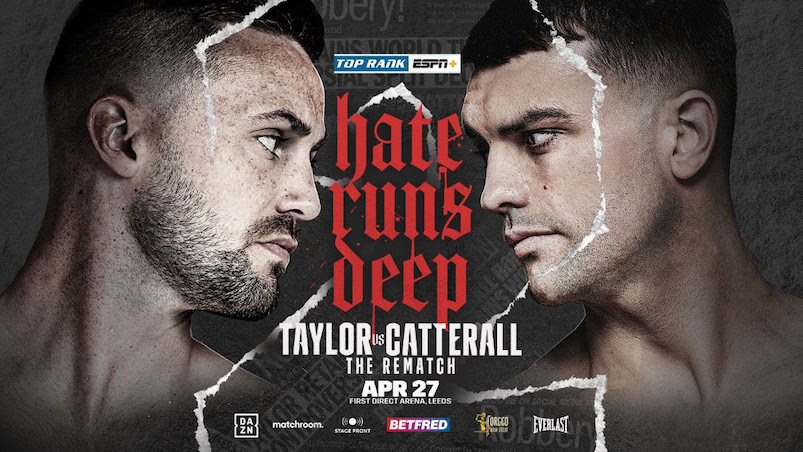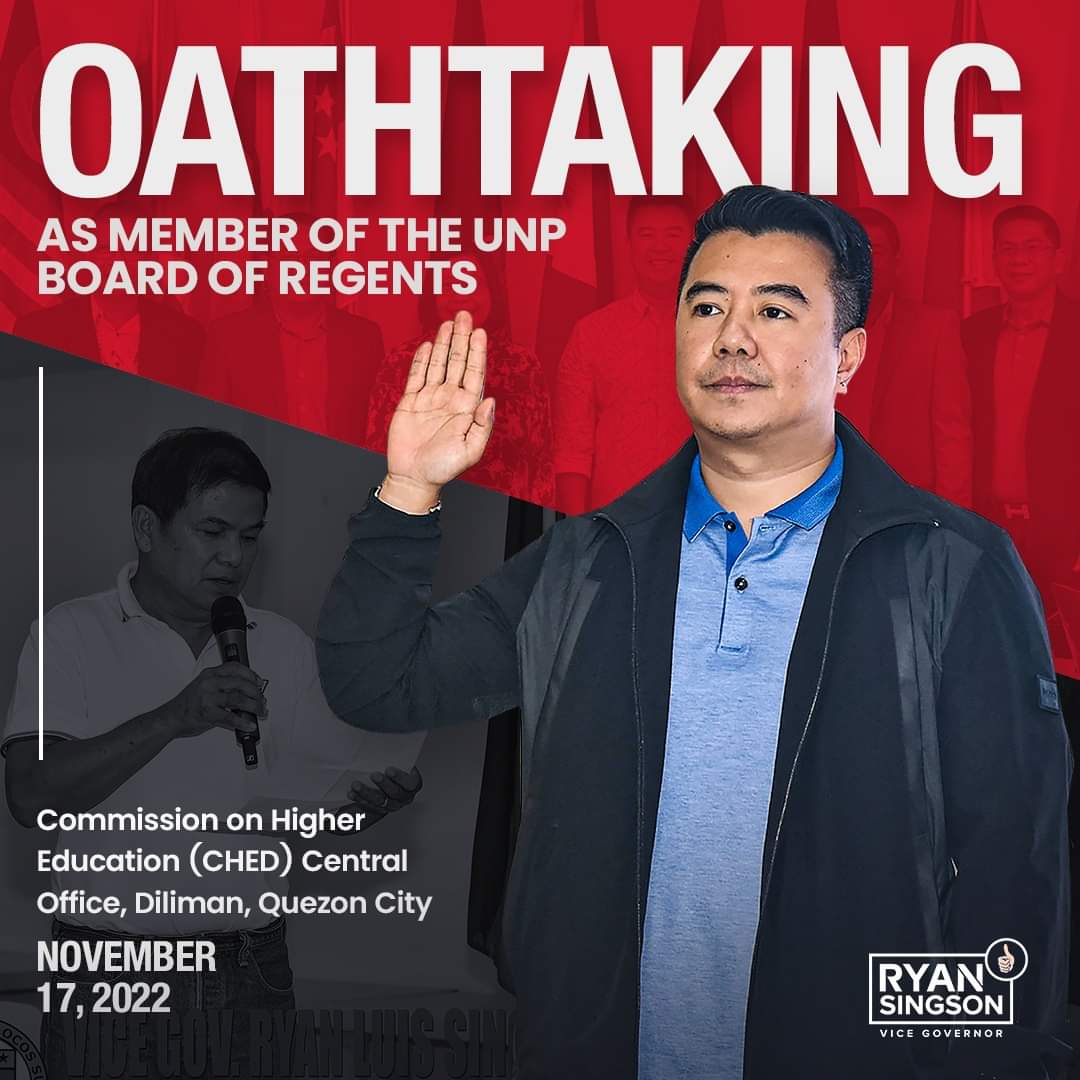When teams have a season as disappointing as the Wizards' 2015-16 campaign, tension is bound to build up between players. Unfortunately for Washington, it's their two biggest stars who have admitted to not having the best relationship.
John Wall and Bradley Beal were surprisingly honest when recently discussing their lack of on-court chemistry last season.
"I think a lot of times we have a tendency to dislike each other on the court," Wall said in an interview with CSN Mid-Atlantic's J. Michael.
"It’s tough because we’re both alphas," said Beal. "It’s always tough when you have two guys who firmly believe in themselves, who will bet on themselves against anybody else, who want to be that guy."
The good thing is that both players are expressing their concerns and seem willing to make things work. Yet there's still some work to be done before that can happen and it will take a lot of self-awareness and sacrifice to pull it off.
Beal is not good enough to be an alpha yet
Beal is one of the league's most promising young players. Even though he finished his fourth season in the NBA, he's still 23 years old, barely older than 2016 lottery pick Buddy Hield. The Wizards just locked him up to a five-year, $128 million extension that will make him the highest-paid player on the team. He seems bound for stardom at the shooting guard position, something rare these days. But he's not there yet.
Injuries have ravaged Beal, but even when he's been on the court, his performance hasn't been elite. Last season he averaged 17 points, three rebounds, three assists and a steal in 31 minutes a game. He upped the amount of three-point shots he took and still managed to connect on 39 percent of them. Those are good numbers but not superstar good. So why does he consider himself an alpha, someone who is on Wall's level? Because when Wall sits, Beal thrives.
Beal was one of the few Wizards who shot better without Wall on the court. One of the biggest reasons for that was because he took and made a lot more close shots and a lot fewer three-pointers with Wall resting. That resulted in more trips to the line, as well, which meant that Beal's True Shooting Percentage — a stat that takes into account the extra value of outside shots as well as free throws — remained higher even with fewer made threes.
This is why getting Beal to defer to Wall is tricky. He does have success as a scorer at the individual level when Wall rests. The team's offense, on the other hand, plummets to a measly 101.4 points per 100 possessions, a mark that would have ranked 26th in the league last season. With both Beal and Wall on the court, that mark was a terrific 108.8. With just Wall it was a robust 106.1.
The biggest reason why Beal doesn't have the same impact on the team's offense that Wall has is that, while he can create for himself, he's not even close to matching Wall's ability to create for others. When Wall was on the floor and Beal resting, 64 percent of the Wizards' buckets were assisted. When Beal was out there without Wall, that number fell to 54 percent.
So even though Beal is better individually as a scorer without Wall, the team is at its best with the two on the floor because Wall makes the rest of his teammates better. The challenge, then, is to find a way to maximize Beal's impact while he shares the backcourt with his star point guard.
Wall needs to sacrifice so Beal can reach his potential
So Beal is rightly confident in his skills but his individual success doesn't correlate with team success. In order to make things work, Wall will have to be the one to adjust and make the biggest sacrifices, because that's what leaders do.
Despite being billed as one, Beal is not just a shooter. He can do damage off the dribble, but he needs the ball in his hands to do so. Beal shot a very good 56 percent on drives to the basket last season. He was terrific in isolation situations, ranking in the league's 89th percentile and he did a solid job scoring out of the pick and roll, ranking in the 59th percentile, according to Synergy Sports.
If Washington can find a balance between letting Wall, a maestro at finding others when he has the ball, do his thing while integrating Beal's off-the-bounce versatility instead of making him just a shooter when the two share the floor, their offense could be explosive. In order to do that, Wall, who led the league in touches last season, will have to sacrifice some while hitting spot up three-pointers, something he proved able to do last season. He shot 38 percent on catch-and-shoot looks and 35 overall from outside.
Beal, meanwhile, will have to understand his limitations and not put on the blinders whenever a play is called for him. He can score, but that doesn't mean he needs to go put his head down and go for a buckets every chance he gets. The ball still needs to move.
In order for Washington to thrive, Beal needs to realize that he's not capable of carrying a team the way Wall is and Wall will have to understand that he has to share more.
If the issues between the two are truly only related to basketball, they seem solvable. It won't be easy but if Beal remains healthy, new coach Scott Brooks provides guidance and Wall is fine with throwing some possessions Beal's way, the Wizards could have a bounce back year and an All-Star backcourt.
If that happens, this offseason rift will be all but forgotten.





